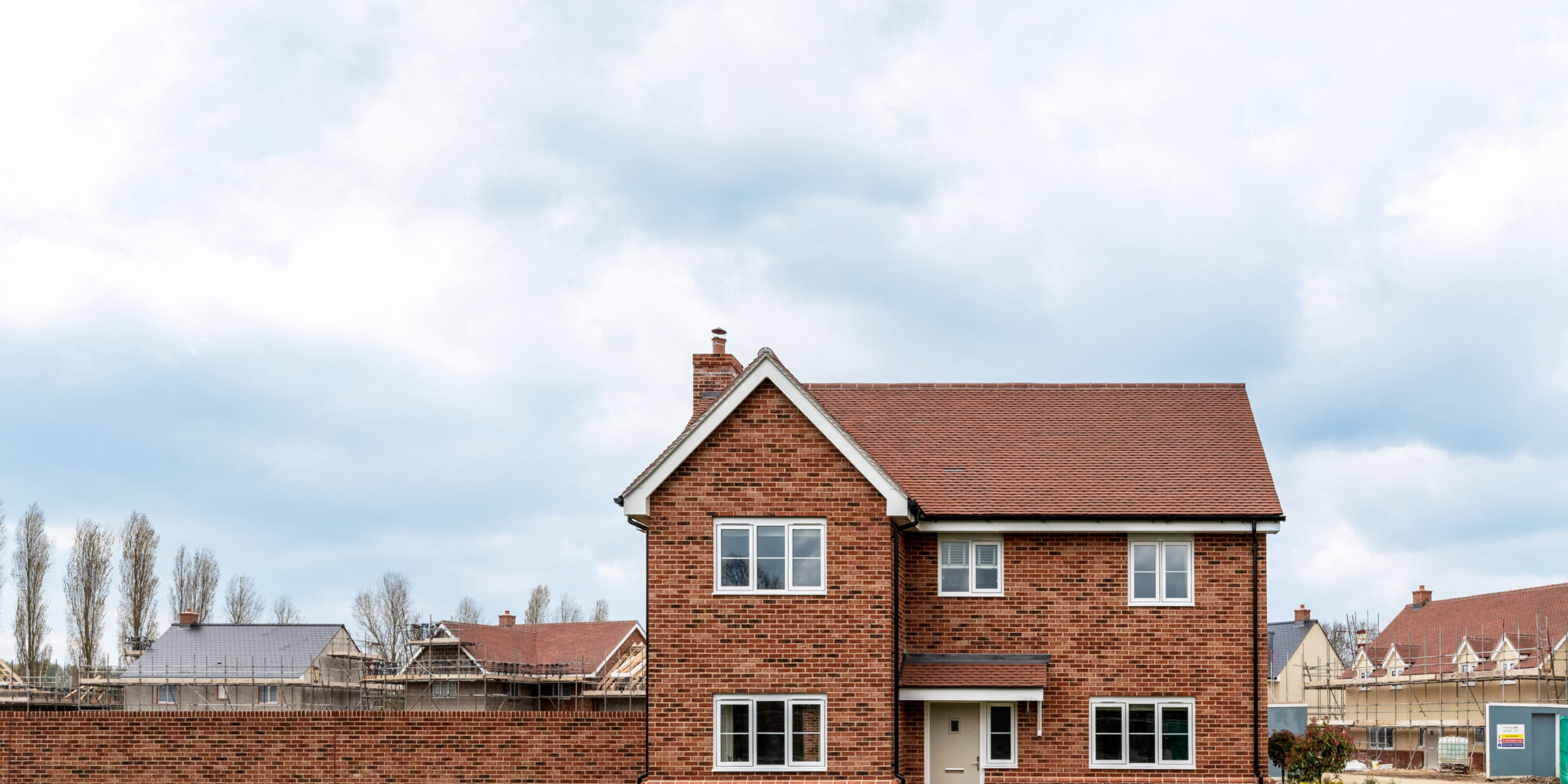What Energy Performance Certificates and EPC ratings are and why they matter
Unlocking Energy Efficiency: The Power of Energy Performance Certificates and EPC ratings
In an age where environmental consciousness is gaining momentum, the need for sustainable practices in every facet of life has become more pressing than ever. This sentiment is no stranger to the housing market, where the quest for energy-efficient homes has taken centre stage. Enter the Energy Performance Certificate (EPC), a remarkable rating system that sheds light on a property’s energy efficiency and environmental impact.
Understanding the EPC Ratings System
At its core, an Energy Performance Certificate (EPC) is a dynamic tool that rates the energy efficiency of residential properties in the UK. It goes beyond mere statistics, offering prospective buyers, tenants, and homeowners a window into a property’s energy usage and carbon dioxide emissions. With an EPC rating system ranging from A (most energy-efficient) to G (least efficient), this system guides us toward a more sustainable and eco-friendly living.
The EPC ratings journey: A closer look
1. Domestic Energy Assessment
Obtaining an EPC rating commences with a qualified Domestic Energy Assessor (DEA). This expert conducts an in-depth examination of a property’s crucial energy-related features. From insulation quality to heating systems, windows, and ventilation, every facet is scrutinised to determine its energy efficiency potential.
2. Data Collection
Armed with knowledge and precision, the Assessor gathers an array of data. This data delves into the property's construction, insulation levels, heating, hot water systems, lighting, and even renewable energy sources. Building dimensions and orientation are also considered, ensuring a comprehensive evaluation.
3. Calculations & Analysis
The true magic unfolds when specialised software analyses the collected data to calculate the property's energy performance and carbon emissions. It's like a symphony of science, accounting for heat loss, energy consumption, and the impact of renewable energy sources.
4. EPC Rating Spectrum
The culmination of these efforts is revealed in the form of an EPC rating. A spectrum from A to G showcases the property's energy efficiency prowess, with each letter corresponding to a unique level of efficiency and associated running costs.
The EPC Ratings System
A (92+) | A symbol of excellence with very energy-efficient qualities and low running costs.
B (81-91) | Demonstrating energy efficiency and offering relatively low running costs.
C (69-80) | Embracing energy efficiency with moderate running costs.
D (55-68) | Radiating fairness in energy efficiency and resulting in average running costs.
E (39-54) | Indicating a slightly lower energy efficiency with higher running costs.
F (21-38) | A wake-up call for efficiency, leading to higher running costs.
G (1-20) | A signal of opportunity for improvement, accompanied by the highest running costs.
Guidance towards a Greener Future
The EPC rating goes beyond a mere label. It accompanies insightful recommendations tailored to each property, providing a roadmap for enhancing energy efficiency. From loft or cavity wall insulation to advanced heating systems, energy-efficient lighting, and even the installation of renewable energy technologies like solar panels, these suggestions champion a sustainable future while saving money in the long run.
EPC: Legal Backbone and Environmental Ally
The significance of EPCs extends beyond personal preference. In the UK, possessing an up-to-date EPC is a legal requirement for property sellers and landlords. The EPC rating must also be prominently displayed in property advertisements, emphasising its pivotal role in fostering transparency and accountability within the housing market.
The Ripple Effect of EPC Ratings
As we continue to move toward a more energy-efficient and environmentally responsible future, EPCs emerge as beacons of change. Empowering individuals with knowledge and insights, they enable informed decisions when purchasing or renting a property. Moreover, EPCs encourage property owners to invest in energy-saving enhancements, effectively contributing to reduced carbon emissions and lower energy consumption.
In terms of sustainability, EPCs harmonise environmental awareness, economic prudence, and legal compliance, creating continued positive change within the housing landscape. The EPC rating helps guide us toward a greener horizon, one property at a time.
Properties at The Lindens in Gosfied are B rated
Achieving an A rating with solar panels.
In Other News
Arbora Homes' Gosfield development has been shortlisted for the prestigious 2024 Essex Housing Awards. Organised in partnership with Birketts, these awards recognise high-quality developments, services and individuals across the public, private, and voluntary sectors in Essex.
Explore the benefits of buying a new build home from sustainable design and materials through to energy efficient technologies.
Arbora Homes sustainable residential development in Westleton, Suffolk granted planning permission, construction starts in 2024.


